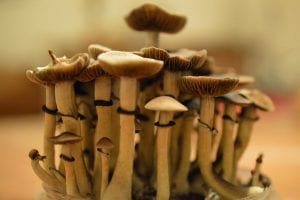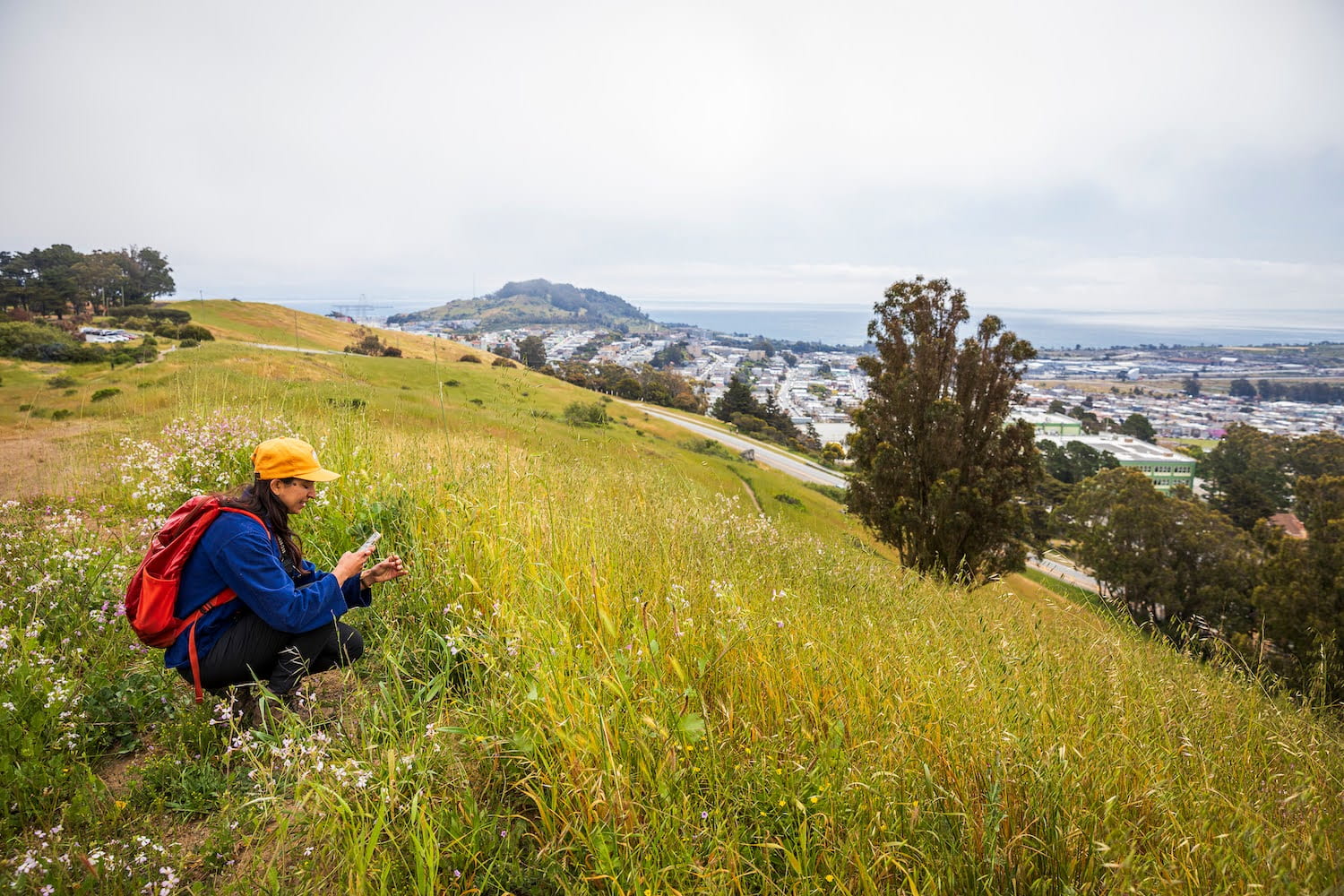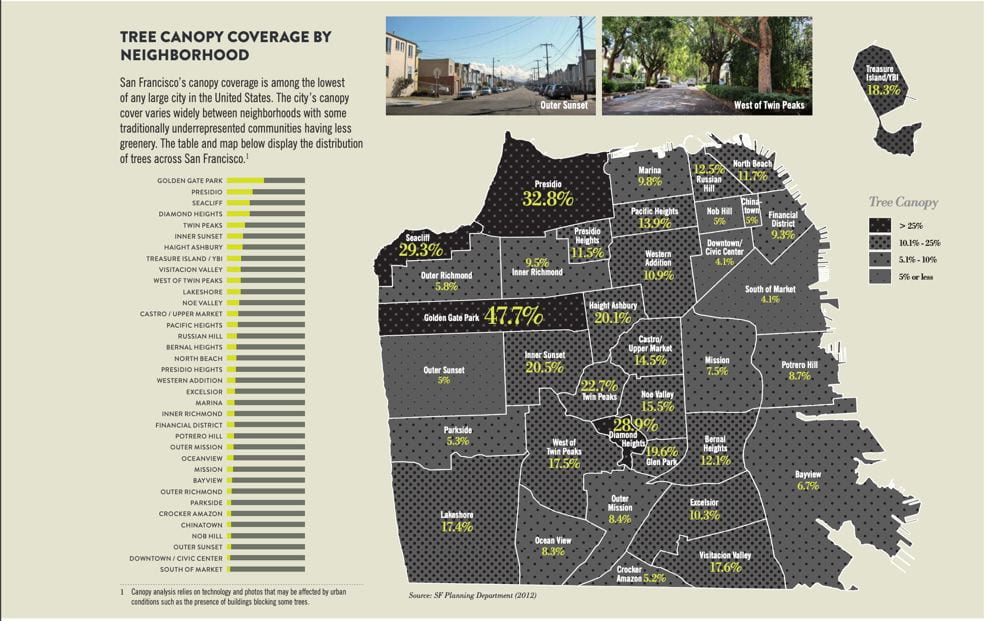Legalizing Psychedelic – Assisted Therapy in San Francisco

The Bay Area is no stranger to psychedelics. San Francisco became a famous hub for the recreational consumption of hallucinogens during the Summer of Love in 1967, which is memorialized in Haight Ashbury today. Across the Bay at UC Berkeley, scholars like Michael Pollan and Dacher Keltner research the potential benefits of controlled psychedelic use. Now, their research may become practice as local legislators like Scott Weiner push to legalize psychedelics in therapeutic settings.
Weiner, along with Republican Assembly Member Marie Waldron, introduced a bill last month that would allow Californians over the age of 21 to engage in psychedelic-assisted therapy with a licensed facilitator. This bill follows Weiner’s attempt last year to decriminalize personal possession of psychedelics including mescaline, DMT, and psilocybin (mushrooms), which was met with a veto from Governor Gavin Newsom. Newsom at the time had suggested that the state create guidelines for “regulated treatment.”
If the newly proposed bill passes, California will not be the first to decriminalize psychedelics. Oregon and Colorado have done so and have official avenues for psychedelic-assisted therapy. Last year, a survey conducted by the UC Berkeley Center for the Science of Psychedelics found that a majority of Americans, around 61%, would support psychedelic-assisted therapy.
Outside of the U.S., Australia began the process of creating a framework for accessible psychedelic-assisted therapy last year, making it the first country to do so at the federal level. In severe cases, clinics in Switzerland, Canada, and Israel authorize the use of psychedelics as well.
The growing support for psychedelic-assisted therapy stems from research that suggests that the intentional use of psychedelics can help treat post-traumatic stress disorder (PTSD), depression, anxiety, and other mental health issues. A study in the New England Journal of Medicine, for example, found that the ingestion of 25 milligrams of psilocybin daily over the course of three weeks improved symptoms of depression in individuals. Another study from Nature Medicine showed that people who participated in therapy in conjunction with taking MDMA felt fewer symptoms after 18 weeks compared to a placebo group.
Last year, the FDA gave psychedelics like MDMA and psilocybin status as a “breakthrough therapy,” which will help clear obstacles toward studying the benefits of these substances more thoroughly.
The current bill specifically states the need to support 1 in 3 Californians who suffer from severe mental health issues, and for whom other support has not sufficed as a justification. One of the bill’s sponsors, the Heroic Hearts Foundation, works with veterans who suffer from PTSD.
According to Psychology Today, psilocybin and other psychedelic substances can create feelings of peace, contentment, satisfaction, and connection by stimulating serotonin receptors in the brain. Additionally, the substances increase neuroplasticity, or the process that creates new neural pathways, which lends itself well to facing fears, overcoming traumas, and building healthier habits and thought patterns.
At this point, you might be wondering why you are reading about all of this in a sustainability blog. Not the most obvious connection, is there?
There is one key effect of psychedelics that could correlate with how sustainability-oriented individuals choose to be: connection. Psychology Today talks about the potential of psychedelics to foster a sense of connection in many forms, including connection to other people, to yourself, and to the natural world. By elevating serotonin and inducing neuroplasticity, these substances can open individuals up and dissolve their sense of ego, making them feel at one with others and their surroundings.
In a study conducted by UC Berkeley researcher Gül Dölen, a group of mice was given a psychedelic and the choice to go into a space with other mice or in isolation. The mice who were given the psychedelic were more likely than those in the control group to choose the social room. The researchers concluded that the psychedelics’ ability to reopen the “critical period” of the mice was behind their choice to be more social. Mice learn to be social in a neural phase of adolescence that closes at a certain point of adulthood. The psychedelics brought the mice back into that critical phase and allowed new connections to be formed in their brains.

Multiple studies like this have shown the potential for psychedelics to increase sociability in animal test subjects, but what about the connection to nature, and what about humans? A study from Imperial College of London reported that “[b]y meaningfully connecting with nature during a psychedelic experience (especially so if the experience is within the context of pleasing natural surroundings), otherwise healthy individuals may be enticed to spend more time in nature in the future, thereby adopting healthier, more nature-related lifestyles.”
Combined with the findings of critical periods in animals and human neuroplasticity, and the potential shrinking of the ego, psychedelics present an opportunity for individuals to understand the natural world in a whole new way, and to move forward from their experience with more respect for it. In a society with a tendency to behave narcissistically, with a lack of appreciation for others and the world around us, some assistance from these substances could do us good.
Outside of making people feel more connected to the natural world, as the research shows, psychedelics improve overall well-being. People who are happier and more balanced also have more bandwidth to care about things outside of themselves. Treating common mental health issues with psychedelics could increase the number of people who have the capacity to give the earth the attention and respect it deserves.
Of course, psychedelics are not legal in San Francisco, and the current bill would not legalize them for recreational use. They would only be legal in authorized therapeutic settings, which would be overseen by a Board of Psychedelic Facilitators under the Department of Consumer Affairs.
If the bill passes, it will likely take up to two years until Californians can enroll in psychedelic-assisted therapy.


